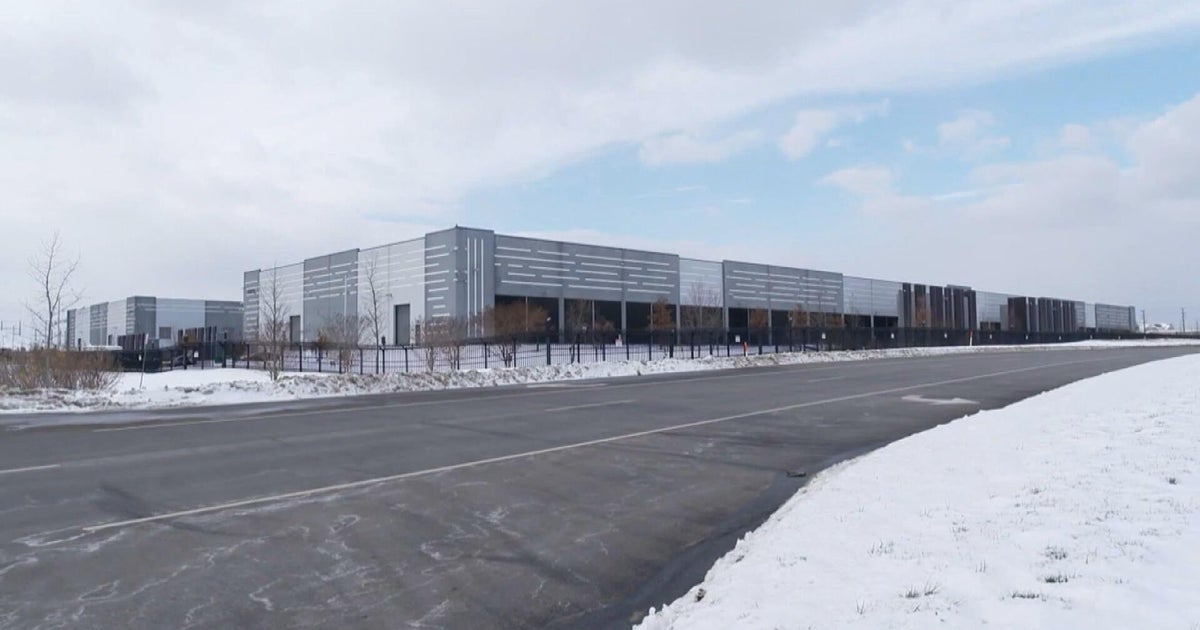High-rise mass timber structures cleared for California
SACRAMENTO -- California building codes were updated in July to allow for the construction of mass timber buildings up to 18 stories tall. But what is mass timber, also known as cross laminated timber?
Jennifer Cover is the CEO of Woodworks, a nonprofit program that provides support on building designs to architects, engineers and developers that are looking to build more sustainably.
"Mass timber products are large wood structural panels that are built up of small pieces of either lumber or veneer that are either glued up or nailed together," she explains. "These creates large structural members that are used for entire floor panels or wall panels and can be dropped right into place."
Mass timber can be a building alternative to steel and concrete because of their strength and fire resistance.
"There's been extensive testing for this application and taking mass timber into taller wood buildings," says Cover. "The building codes are very conservative in the U.S. Even though Europe has been using mass timber for many years it's still relatively new in the U.S."
There are several high-rise mass timber projects currently in the United States. In Milwaukee, the Ascent building has become the tallest structure of its kind in the world.
Locally in Sacramento, the Lot X development proposal includes a five story office building made out of mass timber.
"Going with a mass timber helps sequester that Carbon and it stays in the body of the wood for the life of the structure," says Cover.
And there are forestry management benefits as well. CalFire Fire Marshal Mike Richwine told CBS13: "The use of CLT provides increased opportunities to utilize timber affiliated with forest management activities and can encourage forest management on private, state and federal lands. This provides a positive market development and additional opportunities to utilize timber products in CA. Ultimately, this would have a positive impact on forest in CA by encouraging increases in forest management."
It also opens up possibilities for city planners and those involved in the development process.
"It really starts to change the game on as to what types of construction projects start to pencil out and become viable," says Scott Ford, Economic Development Director of the Downtown Sacramento Partnership.







